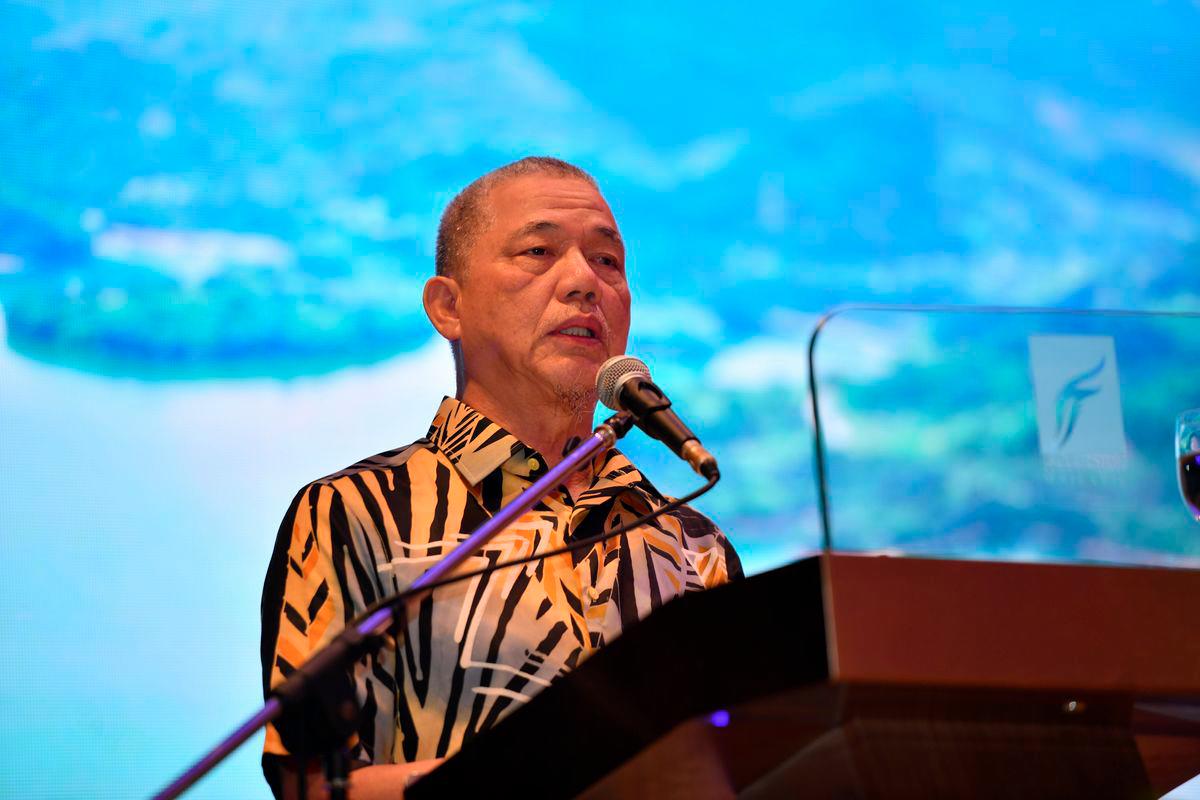KUALA LUMPUR: Households consuming 600 kilowatt-hours (kWh) or less per month will be exempted from both the retail surcharge and automatic fuel cost adjustments, the government announced.
This move is part of a targeted strategy to cushion the impact of the new electricity tariff structure, as stated by Deputy Prime Minister and Energy Transition and Water Transformation Minister Datuk Seri Fadillah Yusof.
Fadillah emphasised that this initiative aims to insulate low-usage domestic consumers from rising operational and market-driven energy costs. “Domestic users consuming under 600 kWh monthly will not be affected by the fuel cost adjustments under the new Automatic Fuel Adjustment (AFA) mechanism,“ he clarified during a question-and-answer session at the Dewan Rakyat today.
Unlike the previous Imbalance Cost Pass-Through (ICPT) system, the AFA mechanism allows for monthly adjustments. However, any projected fuel cost increases exceeding 10% from the current month will require ministerial approval, providing a safeguard.
Further direct incentives will be provided to domestic users consuming 1,000 kWh or less, and to micro, small and medium enterprises (MSMEs) using 200 kWh or less.
Fadillah noted that these thresholds are designed to encourage energy efficiency while ensuring smaller users are not burdened by increased costs.
“This approach ensures that smaller users, households and businesses alike, are supported without distorting the broader tariff framework. It’s a proactive strategy to balance affordability and efficiency,“ he added.
The government will also continue its RM40 monthly rebate programme for “Miskin Tegar” (hardcore poor) households registered under the e-Kasih system, allocating RM55 million for 2025 to support these vulnerable groups.
Under the revised tariff, which came into effect on July 1, 2025, charges are now broken down into four components: energy, capacity, network, and retail. This replaces the previous model, which only included energy and minimum charges. Additionally, tariff rates are now based on voltage connection levels rather than the economic sector, to better reflect actual supply costs.
In response to criticism from Kota Bharu MP Datuk Seri Haji Takiyuddin Hassan regarding rising industrial rates, Fadillah clarified that only 15% of users will experience adjustments, with some seeing increases and others reductions, depending on their consumption patterns.
He also addressed concerns about Tenaga Nasional Berhad’s (TNB) profits, explaining that as a public-listed company, TNB is obligated to reinvest earnings into grid upgrades. “As for TNB, we know they are required to generate profits as a public-listed company; their shares are held by agencies that ultimately belong to the rakyat, like EPF and KWAP,“ he said.
“But they are also required to reinvest, first for maintenance, and second to upgrade infrastructure needs. Now, with many new TNB installations, they must ensure the grid system is upgraded. If not, the grid won’t be able to receive electricity from these installations, which will ultimately compromise supply reliability,“ Fadillah added.
Fadillah concluded by reaffirming that 85% of domestic users will not be affected by the revised tariff structure, a figure previously announced by Prime Minister Datuk Seri Anwar Ibrahim.









